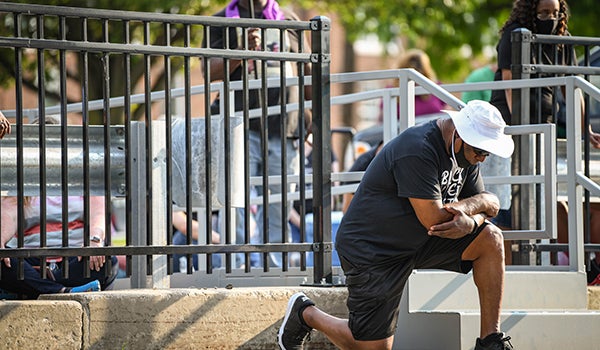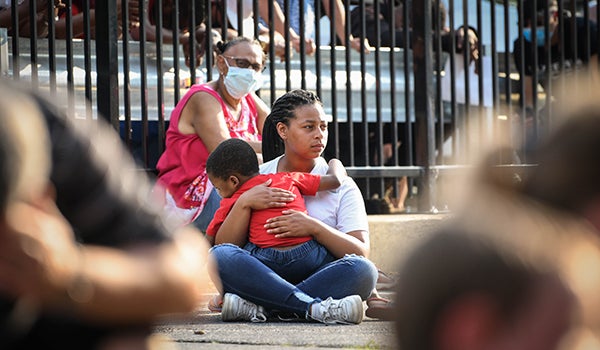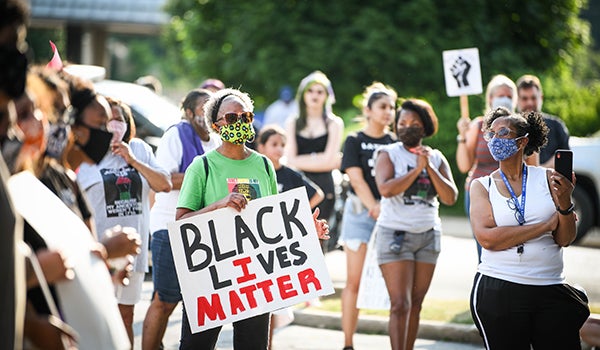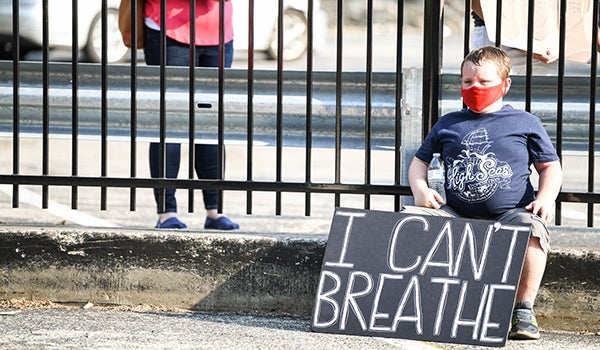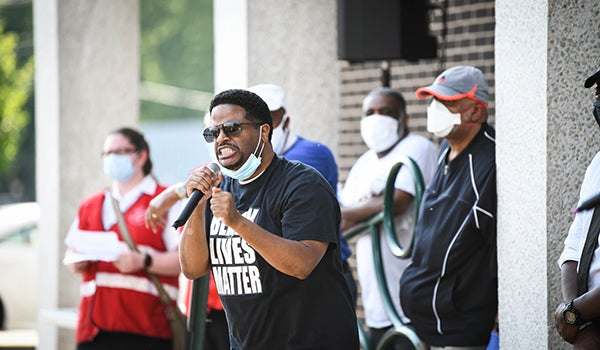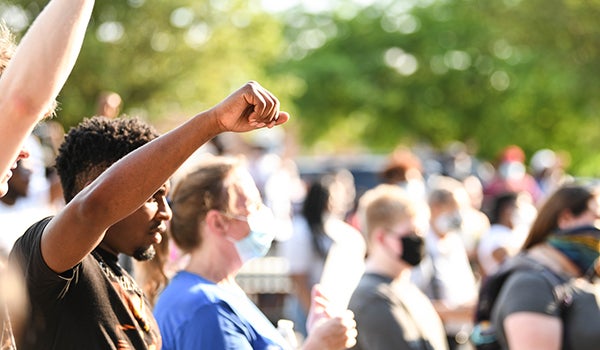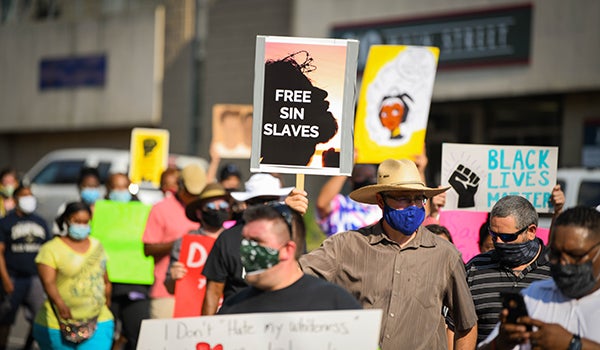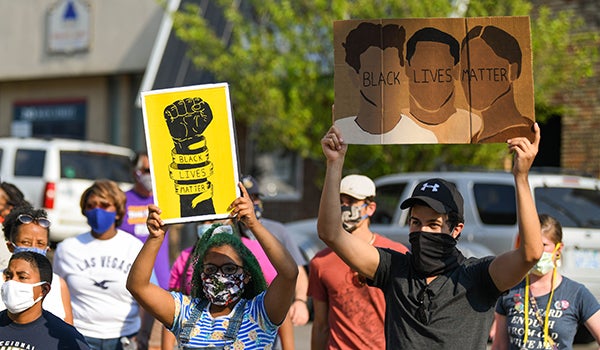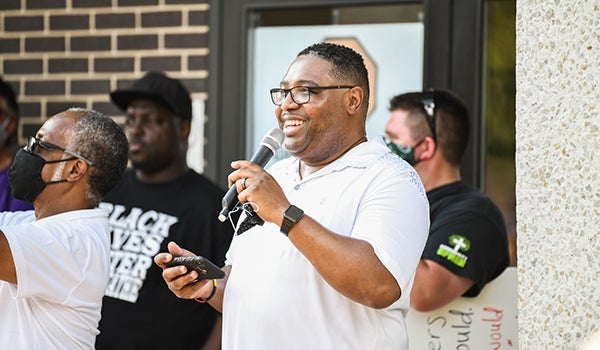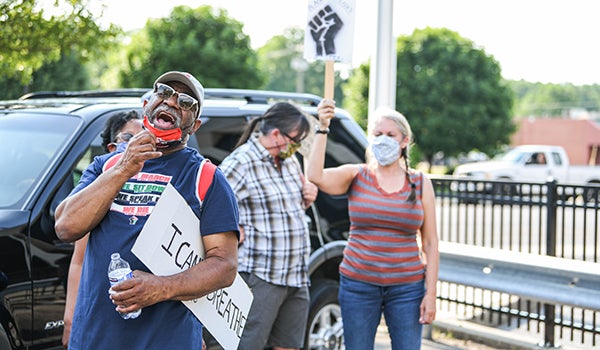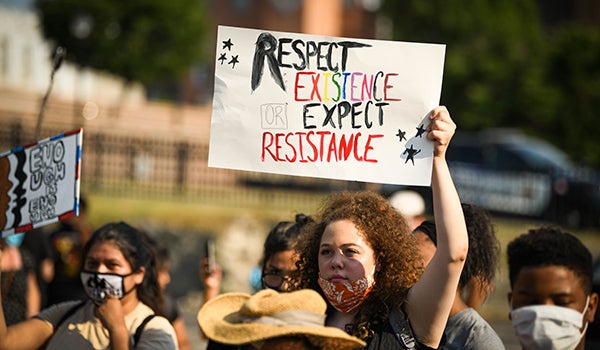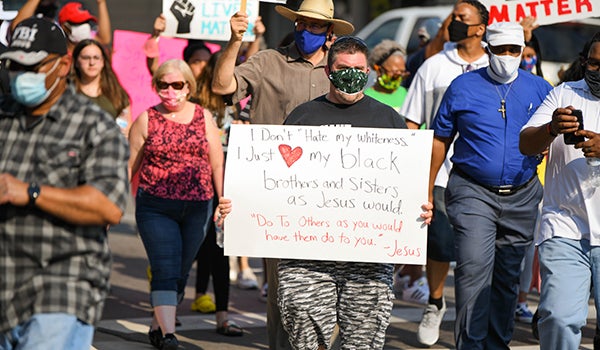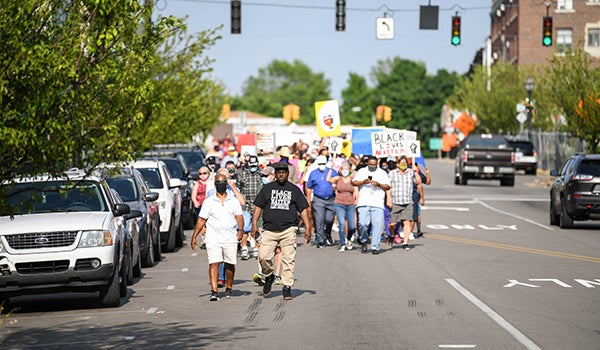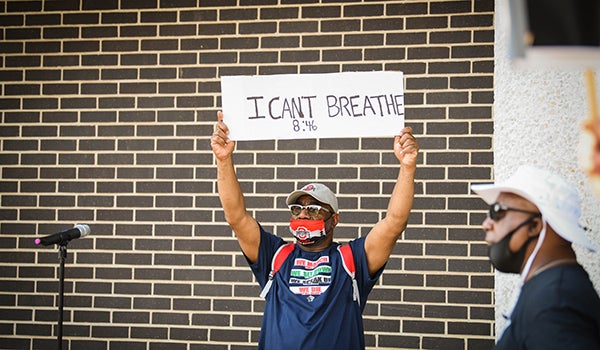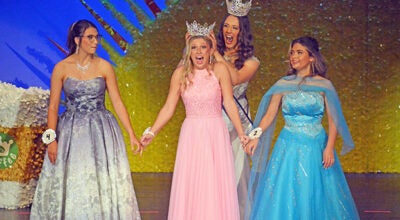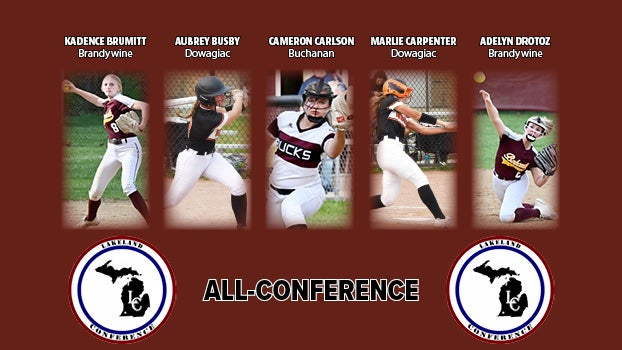Niles residents march to city hall during Juneteenth celebration
Published 10:04 am Saturday, June 20, 2020
|
Getting your Trinity Audio player ready...
|
NILES — As a hot sun beat down over downtown Niles Friday, hundreds of Niles residents turned the corner of Fifth Street onto Main Street. As they marched toward Second Street, a line of traffic beeping behind them, the residents called out to each other.
“What lives?”
“Black Lives Matter.”
Niles residents hosted a Juneteenth march, both celebrating the holiday of Juneteenth, which commemorates the emancipation of enslaved people in the U.S., and calling for change. For the event, protestors, many of whom carried homemade signs proclaiming “Black Lives Matter,” marched from Mt. Calvary Baptist Church to city hall. Once at city hall, several pastors and local leaders gave speeches calling on the community to make a change, love one another and remember that black lives matter.
The march joined thousands worldwide that have been hosted around the world following the death of George Floyd, an African American man killed on May 25 in Minneapolis. Floyd died after Derek Chauvin, a white police officer, held a knee to his neck for nearly nine minutes. To honor Floyd, Niles marchers sat in silence for 8 minutes and 46 seconds, which is widely believed to be the amount of time Chauvin held his knee to Floyd’s neck before his death, though prosecutors said this week the actual time was 7 minutes and 46 seconds.
Organizers of Friday’s event said they were happy to see a large and diverse turnout. With so many people in attendance, they hoped that the march could make lasting change in Niles, a city with a white majority population at 80.4 percent, according to the most recently available census data. According to the same data, African Americans make up 11.4 percent of the city’s population.
“We thought this would be a good thing for the community, so we see what we can do to bring unity for all lives,” said Lawana Wortham. “I would like to get us more involved in the community, even in the government areas, in city hall, just to put our faces out there.”
“If [injustice] can happen somewhere else, it can happen here,” added Pastor Bryant Bacon, of Mt. Calvary Baptist Church. “I hope people leave with the knowledge and the feeling to make change. We don’t want to just march to march. We want to march because we actually want to see something different.”
As the march began Friday, life-long Niles resident Lester Davis, 61, stayed close to the front of the procession. He led the chants, every so often pulling down an Ohio State University mask below his chin to ask: “What’s his name?” Every time, a loud response from the crowd would echo back: “George Floyd.”
A minister at Mt. Carmel Missionary Baptist Church in South Bend, Davis said he felt a need to lend his voice, louder than most, to Friday’s protest.
“I wanted to come out and show that I am concerned about black lives, the things that we are going through and police brutality,” he said. “We have issues to address here in Niles. We are overdue for a change.”
Davis did not come to Juneteenth march alone. His 17-year-old granddaughter, Nevaeh Williams, accompanied him. While Friday was the first time Williams had ever participated in a march, it was far from the first time for Davis, who can recall similar demonstrations during his childhood.
“I wanted to show my granddaughter the ways in which we can make a difference,” Davis said. “I want her to know that this can’t end here. We have to vote. We have to continue to make our voices heard. We all have to learn to love one another, and we need to be treated fairly.”
Following Friday’s event, Williams was hot and tired, but said she was glad she participated with her grandfather.
“It’s unreal, really,” she said of the experience. “It’s an awakening.”
Williams said the Juneteenth march opened her eyes to the injustices happening in her own community and the discrimination she has faced.
Though she is young, Williams said she knows she needs to keep calling for change now — in 40 years, she does not want to have to march with her grandchildren once again to demand equality.
“We need to speak up and not be afraid to,” she said. “I don’t want to have to deal with this in my future. I want to see a change, an actual change.”


